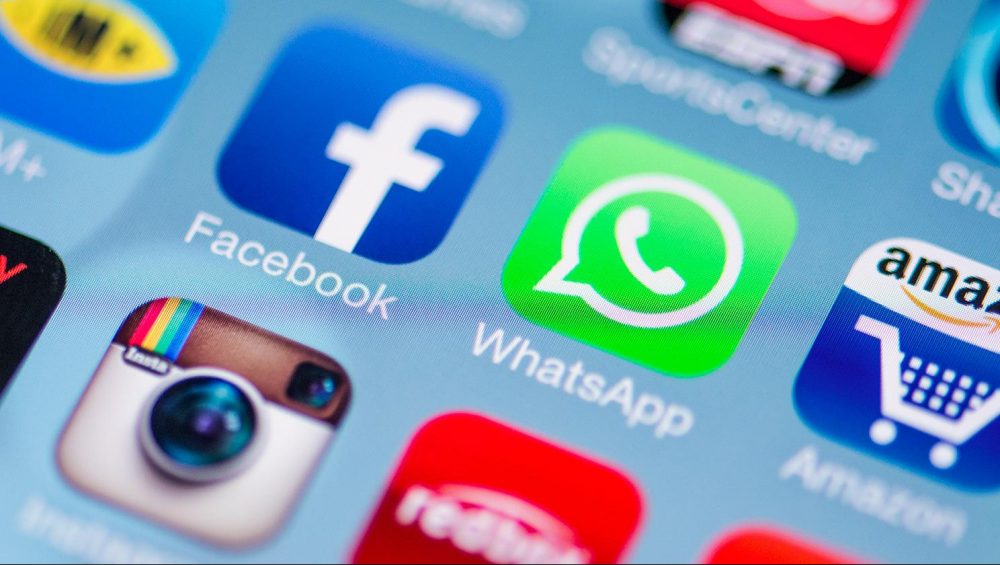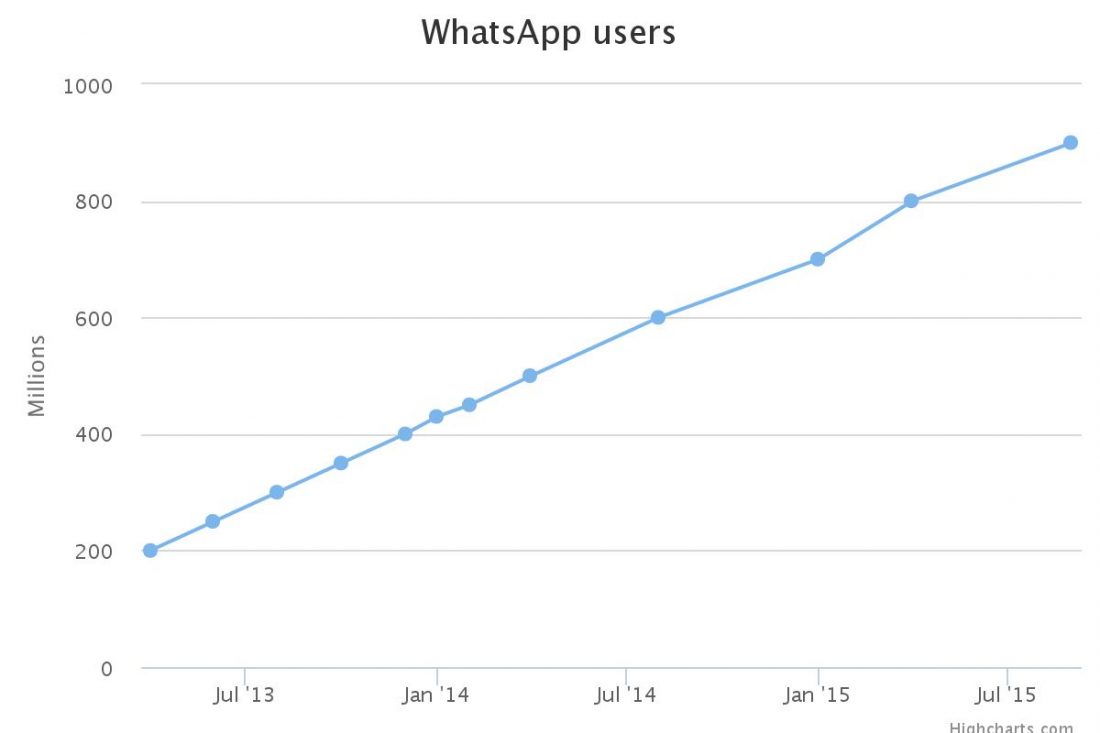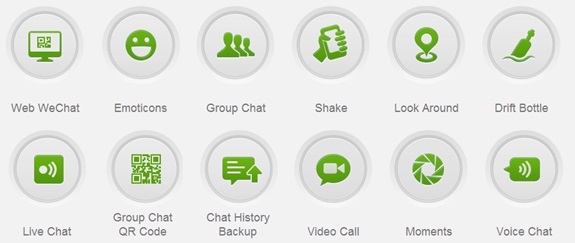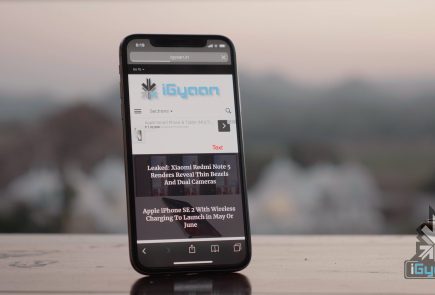What’s Next for WhatsApp?

If you had to quickly think of a messaging service today, chances are that WhatsApp will be the first name to pop up in your head. And it should since the name has taken over our messaging unanimously, pretty much making standard SMS services obsolete.
WhatsApp has seen a rise that shows a steady upward curve ever since its inception. Two years and 450 million users ago, the wildly popular messaging service was bought by Facebook for roughly $19 billion. An acquisition Zuckerberg knew would reap him great rewards. Charging a measly 99 cents a year for the service didn’t pinch anyone, but would generate substantial revenue for Facebook. But $19 billion is no small amount, and to make even $2 billion in revenue would mean the app would need 2.3 billion users, and it’s yet to reach a billion.

But WhatsApp is showing no signs of slowing down. The app is just short of a billion users, and if the trend continues, it is likely to touch 2 billion by the end of the decade. So, when the news broke that WhatsApp is going entirely free, the world began to wonder how Facebook would earn its revenues. Part of the confusion was around the decision to go free when Facebook is on the brink of a major cash-cow in WhatsApp.
Last week, WhatsApp founder Jan Koum, announced that the company would ditch the 99 cent fee and make its app completely free. He cited the reason that there are many of those who still aren’t on WhatsApp because they don’t own a credit/debit card. While a genuinely altruistic intention, the move in effect stops the revenue for Facebook.
But the move has clearly been decided with an intention to do more with the app. It’s clear that WhatsApp wants to be more than just a messaging platform. It wishes to take over many of the functions for which one uses the phone. It has already embraced voice calling functionality and has been rumoured introduce video calling soon as well.
The bulk of the worry behind going free was that people were concerned if WhatsApp would resort to the much-hated advertisements for revenue. But the company has denied the intrusion of ads. What the company is planning, however, is to charge businesses to use the app to talk to customers. So, it won’t just be call centres, soon customers will be able to express their dissatisfaction over a messaging app.
Calling for businesses to interact with customers via WhatsApp will have its benefits and will have its annoying moments, depending on how well WhatsApp integrates the moves. Yu may soon be able to pay off your bills and ask a bank official about your bank details through a simple text message. This is already in practice with WeChat, a Chinese app owned by internet giant Tencent. The app is used in China for messaging as well as to pay bills, make medical appointments, and check traffic.

WeChat Features
Furthermore, it’s no secret that WhatsApp and Facebook have been inspired by the Chinese app. So we could very well see WhatsApp move in a similar direction. Which wouldn’t be a bad thing in terms of revenue – WeChat houses many apps in one and this has led to an average revenue per user to around $7, against the 99 cents that WhatsApp has charged its users.
The success of WeChat in China may not exactly spell success for Facebook and WhatsApp, but it is something that both the companies are eagerly looking to adopt. The challenge, however, is to get Apple and Google on board if WhatsApp and Facebook do plan to build a platform out of the messaging app. Apple and Google are unlikely to appreciate a platform like that that could leave their own apps redundant.
We’ll just have to wait and see how much Facebook and WhatsApp are planning to fit into one app, and how much is too much for an audience that largely believes in the concept of “unbundling” or having apps that do less not more, thereby making it simple and easier to use. After all, it’s not that difficult to jump from one app to another to fulfill one’s needs.
On a parting note, you may also like to know that a new WhatsApp beta update for Android now lets you share your account information on Facebook for better experience and suggestions. Just how much of the user’s chat information is up for grabs is still unknown. Looks like WhatsApp’s move to become the ‘one app to rule them all’ has already begun.
























 . Thou
. Thou
 ! For i
! For i